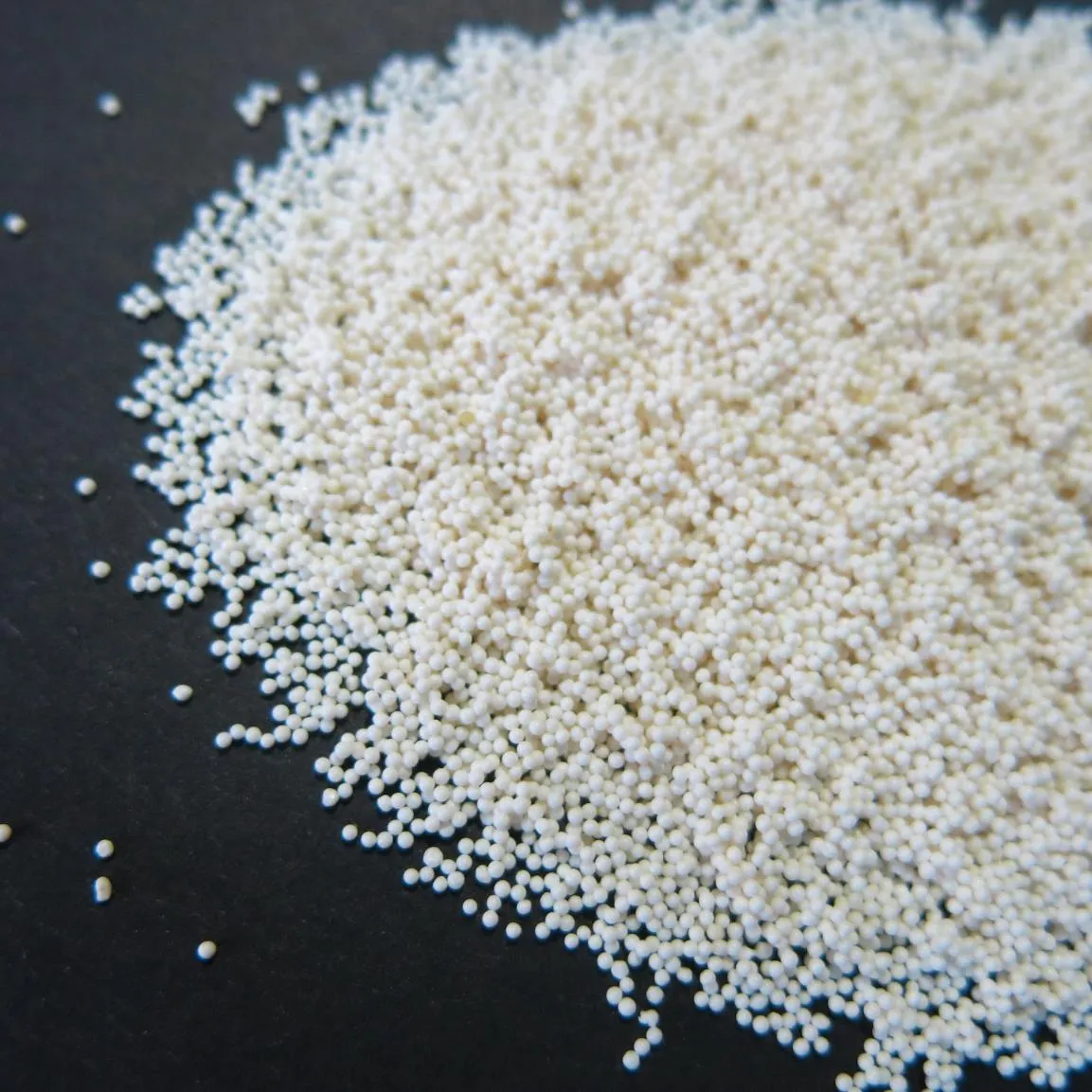Introduction
Macroporous adsorption resins have become indispensable tools in modern chemical, pharmaceutical, and environmental industries due to their exceptional adsorption capacities and versatility. Among these, the Macroporous Adsorption Resin AB-8 stands out as a high-performance material designed for the extraction, separation, and purification of water-soluble and weakly polar substances. This article delves into the technical specifications, unique features, and practical applications of AB-8, while also exploring the background of its manufacturer, Hebei Lijiang Biotechnology Co., Ltd.
Product Overview
The Macroporous Adsorption Resin AB-8 is a styrene-type weakly polar copolymer, synthesized using divinylbenzene as a crosslinking agent, methyl acrylate as a monomer, and toluene as a porogen. This resin is engineered to excel in the separation of compounds such as stevioside, alkaloids, and other organic molecules. Its physical and chemical stability, combined with a robust adsorption capacity, makes it a preferred choice for industrial and research applications.

Key Features of AB-8 Resin
The AB-8 resin boasts several distinctive features that set it apart from conventional adsorbents:
- Color and Visibility: The milky white or light yellow appearance facilitates easy monitoring of the separation process, particularly when dealing with colored organic compounds.
- Chemical Stability: Insoluble in acids, alkalis, and organic solvents, AB-8 allows for flexible selection of adsorbents and desorbents, ensuring adaptability to various applications.
- High Selectivity: It exhibits strong affinity for organic matter, even in the presence of inorganic salts, making it ideal for complex mixtures.
- Easy Regeneration: The resin can be efficiently regenerated using water, dilute acids, alkalis, or low-boiling organic solvents like methanol or ethanol.
- Durability: With excellent mechanical strength, AB-8 ensures a long service life, reducing operational costs over time.
Technical Specifications
| Parameter | Specification |
|---|---|
| Appearance | Milky white opaque spherical beads |
| Resin Structure | PSD (Polystyrene-Divinylbenzene) |
| Polarity | Weakly polar |
| Moisture Content | 65%–75% |
| Particle Size Range | 60–16 mesh (0.3–1.25 mm), ≥90% |
| Average Pore Size | 13–14 nm |
| Pore Volume | 0.73–0.77 ml/g |
| Porosity | 42%–46% |
| Specific Surface Area | ≥480 m²/g |
| Adsorption Capacity | ≥45 mg/g |
Applications of AB-8 Resin
The versatility of AB-8 resin makes it suitable for a wide range of applications, including:
- Pharmaceutical Industry: Extraction and purification of alkaloids, flavonoids, and other bioactive compounds from natural sources.
- Food and Beverage: Removal of impurities and colorants from food additives, such as stevioside and artificial sweeteners.
- Environmental Protection: Treatment of wastewater to remove organic pollutants and heavy metals.
- Chemical Processing: Separation of organic compounds from aqueous solutions, enhancing product purity and yield.
Preparation and Regeneration
Proper preparation and regeneration are critical to maintaining the performance of AB-8 resin:
Pre-treatment: Before use, the resin should be soaked in ethanol (10–20 cm above the resin layer) for 3–4 hours. The soaking solution is then drained, and the process is repeated until the effluent is clear. Finally, the resin is rinsed with clean water until no ethanol odor remains.
Enhanced Regeneration: When the resin’s adsorption capacity declines, it can be regenerated by soaking in 3–5% hydrochloric acid for 2–4 hours, followed by thorough rinsing with water. Subsequent treatment with 5% sodium hydroxide solution ensures complete restoration of the resin’s properties.
Storage and Handling Precautions
To ensure optimal performance, the following precautions should be observed:
- Store the resin at temperatures between 5–40°C to prevent freezing or mold growth.
- If the resin dries out, rehydrate it with ethanol before cleaning with water to avoid floating.
- Pre-filter solutions before loading them onto the resin column to prevent impurities from clogging the resin.
- After use, store the resin in clean water or saturated saline/ethanol for long-term preservation.
Company Background: Hebei Lijiang Biotechnology Co., Ltd.
Hebei Lijiang Biotechnology Co., Ltd. is a leading manufacturer of advanced adsorption resins, specializing in the development and production of high-quality materials for industrial and research applications. With a commitment to innovation and quality, the company has established itself as a trusted partner for clients worldwide. Their products, including the AB-8 resin, are engineered to meet the stringent demands of modern separation technologies.
Why Choose AB-8 Resin?
The AB-8 resin’s combination of high adsorption capacity, chemical stability, and ease of regeneration makes it an ideal choice for industries requiring efficient separation and purification solutions. Its ability to handle complex mixtures and its long service life further enhance its value proposition.
Conclusion
The Macroporous Adsorption Resin AB-8 represents a significant advancement in adsorption technology, offering a reliable and cost-effective solution for a wide range of applications. Its robust technical specifications, coupled with the expertise of Hebei Lijiang Biotechnology Co., Ltd., ensure that it meets the highest standards of performance and quality. For industries seeking to optimize their separation processes, AB-8 is a proven choice.
References
National Institute of Standards and Technology (NIST). (n.d.). Driving Innovation. Retrieved from https://www.nist.gov/
Hebei Lijiang Biotechnology Co., Ltd, is a new material manufacturer specializing in the production of high-performance special ion exchange resins.mixed bed resin suppliers It is a modern high-tech enterprise that integrates the research and development,production, sales, and service of resin materials and resin terminal products.ion exchange resin The company is committed to producing high-quality industrial grade, food grade,pharmaceutical grade, and nuclear grade resins.cation exchange resin It has passed ISO9001 management certification,SGS certification, and WQA international certification from the American Water Quality Association, and has obtained a national food hygiene license. Food grade resin products comply with FDA standards in the United States.super blog